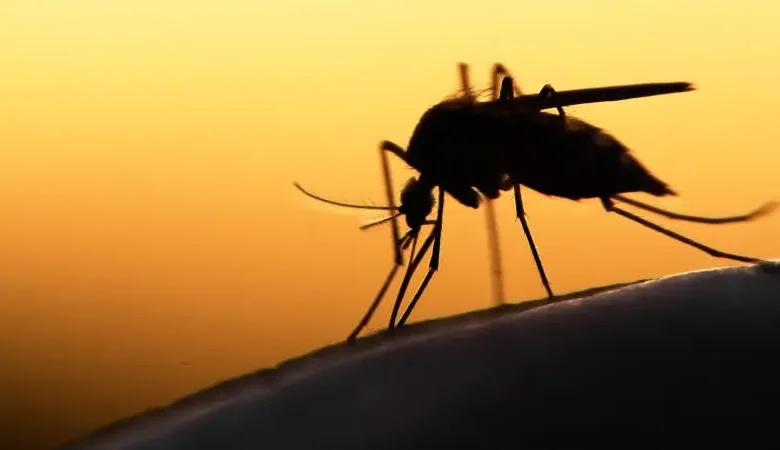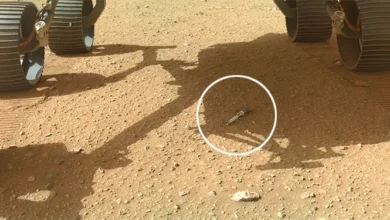Mosquitoes modified to eradicate malaria with Bill Gates’ backing

There is an old saying about fighting fire with fire, but fighting mosquitoes with mosquitoes is surely a new one.
The British biotech firm, Oxitec, has developed super mosquitoes as a potential tool to stamp out malaria, a disease responsible for more than half a million deaths a year, and it is backed by none other than the Microsoft billionaire, Bill Gates.
The company has genetically modified these insects in order to use them as biological insecticides that kill their disease-ridden rivals by releasing them in the wild.
These modified mosquitoes carry a special gene that stops their female offspring from surviving into adulthood since only the female mosquitoes spread malaria.
The use of these mosquitoes could dramatically reduce the world’s mosquito population and the spread of malaria, according to the billionaire. Bill Gates has reported that over one billion mosquitoes have been released worldwide with “no negative impacts”, and they have already had a positive impact in helping the elimination of dengue fever in Brazil.

Shutterstock
The modified mosquitoes are set to be used in Djibouti in East Africa next year to reduce the number of malaria cases, which have risen from 27 in 2012 to 73000 in 2020, with over 7% of the population now infected.
Several other African countries suffer from mosquitoes, and the dangerous breed has grown resistant to anti-bug sprays.
Some might think this is a weird way to handle the situation, but it is important to remember that Mosquitoes are very good at adapting, allowing them to learn to dodge or even resist any latest methods to deal with them.

Shutterstock
Microsoft’s co-founder expressed excitement about the potential of Oxitec’s technology to help Djibouti and the rest of Africa achieve the goal of eradicating malaria, which also requires many new tools and innovations to reduce the burden of this disease.
In conclusion, the use of these genetically modified mosquitoes could be a game-changer for reducing malaria and controlling mosquitoes. While the impact is positive, the possible risk to the environment and the general public should be assessed beforehand.










